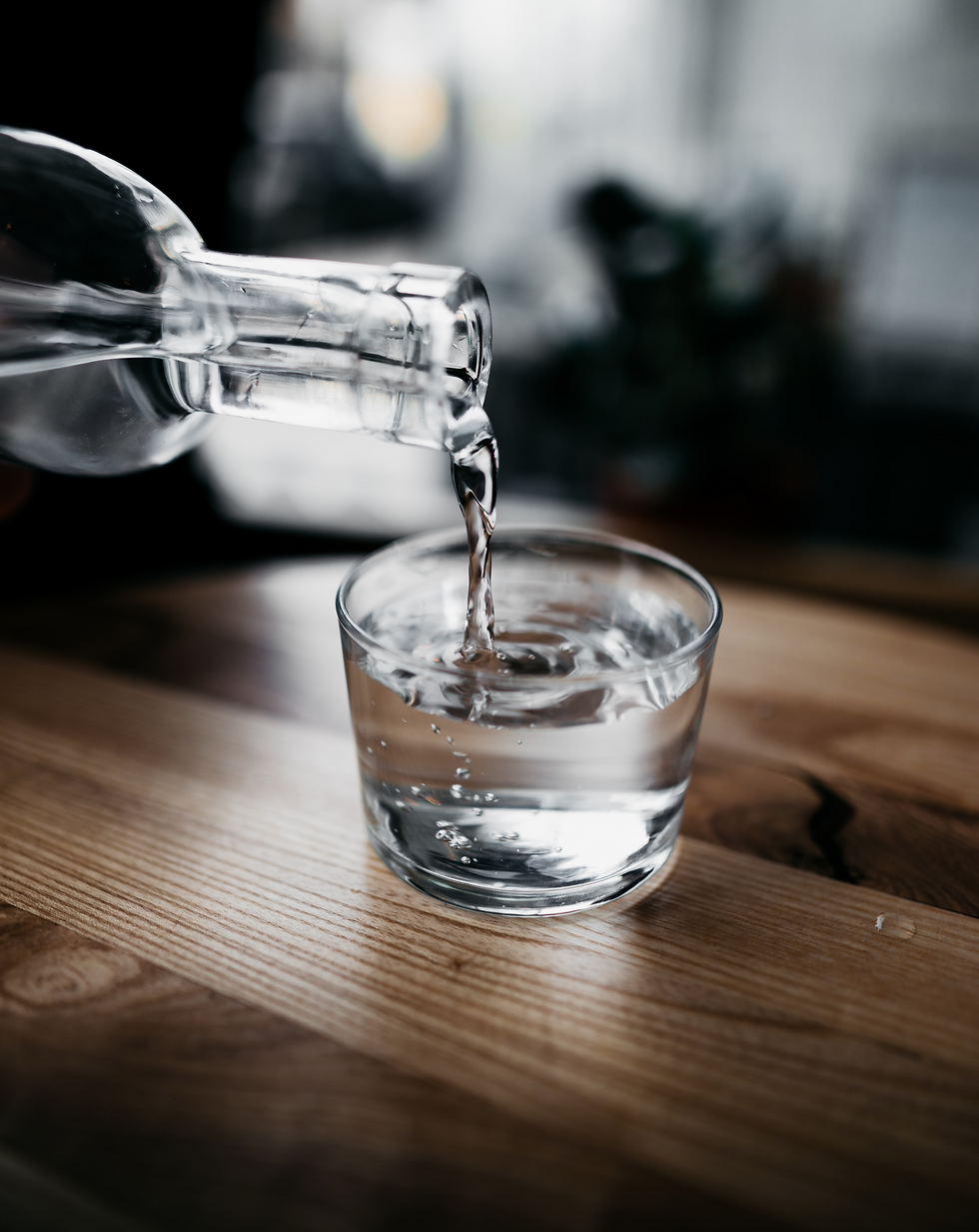WHY NO FOOD IS GOOD OR BAD
- Maddy Belaustegui
- Aug 17, 2021
- 3 min read
No food is “good” or bad”; its just food. When we use these words to describe foods, our brains assign negative and positive values to them. It is similar to how we view the hero in a movie as “good” and the villain as “bad.” Approaching food in this way can result in some unhealthy perspectives. For example, if I assign the word “bad” to donuts, bagels, and ice cream, then what happens if and when I eat these foods? The result is I feel I have done something wrong, right? Then I may feel guilt and shame as a response and tell myself “you can’t have donuts ever again.” So what happens when once again I have a donut (which is inevitable because donuts are delicious)? I feel even worse than I did the last time! This branches into a much larger topic regarding food freedom and intuitive eating <see resources below>.

For now let's address some of these commonly misidentified “good” vs “bad” foods. We can thank fad diets for assigning such basic values to these items. The takeaway here: all foods are good, they may just be good for different reasons, at different times, and in different amounts. Here we go:
What diets say... Sweet potatoes are healthier than Russet potatoes.
Reality… Russet potatoes are an incredibly good source of potassium, which make them great fuel for athletes like runners looking to replace lost electrolytes. While sweet potatoes are toted as being a lower carbohydrate potato, they actually have more sugar than Russet potatoes. On the flip side, sweet potatoes are an incredible source of vitamin A. So vary your potato choices to get the widest array of nutrients.
What diets say... Bananas are a high glycemic index fruit with way too many carbohydrates. Choose something like an apple instead.
Reality… Bananas are a good source of carbohydrates and great source of potassium. They actually have more vitamin C and magnesium than apples, so they aren't bad at all. For people with diabetes under the care of a dietitian, they may be told to moderate their intake or balance a banana with a protein or healthy fat to control their glucose response. But no good dietitian is going to tell people they can't eat bananas.
What diets say... Gluten is bad for everyone, including people with no diagnosed gluten allergy.
Reality... Gluten is only a concern for people diagnosed with celiac disease (done through verified antibody testing). Whole grains containing barley, wheat, or rye all contain the protein gluten. These include foods such as whole grain pasta and bread, barley, bulgur, freekeh, and farro. They are excellent sources of fiber, B vitamins, protein, iron and various other minerals. Many gluten-free breads substitute rice, corn, chickpea, or potato flour for the wheat. These can vary greatly in nutrient value, but often, especially when refined flours are substituted, the nutrient content is much lower. Often times the calorie content is higher and the protein content is lower too. That is why people with celiac disease have to ensure they get enough of certain nutrients. So if you have celiac disease, then you should be concerned with gluten. But otherwise there is no need to deprive yourself of all the nutrients of whole grains.
As you can see, some foods may be more nutrient dense than others whereas some may be more calorically dense. You may want more carbohydrates and calories at particular times of the day, such as after exercise. Beware of any diet that lists specific foods as completely off limits forever. Variety and balance are important to long-term health.
To learn more:




Comments